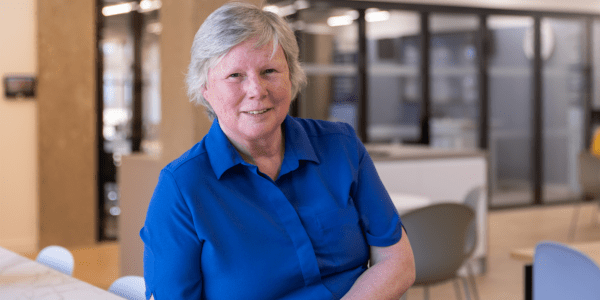The Nuffield Foundation has today set out its plans to establish a Family Justice Observatory that will support the best possible decisions for children.
A 12-month development phase for the Observatory, which aims to improve the use of data and research evidence in the family justice system in England and Wales, will begin in March this year, delivered by a team appointed by the Foundation. The development phase will build the infrastructure and operating model and will be followed by a four to five year pilot delivery phase, to begin in spring 2019.
These plans are set out in detail in the report, The Nuffield Family Justice Observatory for England and Wales: Making it Happen, which demonstrates how the Observatory’s development has been informed by the findings from a scoping study commissioned to establish its purpose, functions and delivery options. The scoping study was led by Professor Karen Broadhurst at Lancaster University and included extensive consultation with stakeholders within the family justice system.

The Observatory will address the need – identified by the Family Justice Review in 2011 – to make better use of research findings and administrative data in family justice decision-making. The Nuffield Foundation, as one of the principal funders of family justice research, has been keen to take a lead on this, first proposing a Family Justice Observatory in 2014. The Foundation has identified a fund of up to £5 million initially that will be available for the development and pilot delivery phases of the Observatory.
What will the Observatory do?
The Nuffield Family Justice Observatory will focus on meeting the needs of practitioners who make pivotal decisions in the lives of children and families by:
- Working with them to identify priority issues where empirical evidence may help guide practice.
- Providing reliable summaries of what is, and is not, known from research or administrative data.
- Combining knowledge from empirical research with insights from policy, practice and user experience.
- Working with professionals in the family justice system to develop, update and test guidance and other tools based on that knowledge.
The Observatory’s remit will include public and private law issues, and the broad family justice ecosystem, as well as the courts.
Twelve-month development phase
At the end of its first year, the Nuffield Family Justice Observatory will have established:
- The details of the delivery model for the Nuffield Family Justice Observatory, with any delivery partners identified and key personnel in post.
- A Governing Board, Stakeholder Advisory Council, and Expert Panel.
- A Data Platform and Analytics Service, which will provide curated family justice datasets (initially those held by Cafcass and Cafcass Cymru), produce core analyses, and support capacity and capability building.
- A portfolio of Observatory ‘products’, together with the approach, mechanisms and criteria for identifying, appraising and funding time-limited projects to deliver them.
- The approach, mechanisms and quality standards for synthesising evidence and developing guidelines.
- The model for working with regional satellite areas, with potential collaborators identified for the pilot phase.
- A work plan for at least the first year of the pilot delivery phase, including production of regular analyses of system level patterns and outcomes, to include regional variation.
- A flagship study on infants in the family justice system.
- A framework for evaluating the impact of the Observatory pilot and plan for ensuring its future sustainability.
A collaborative approach
Throughout the development phase, the Foundation and the development team will continue to engage with stakeholders and undertake a number of consultation activities. We will keep stakeholders updated on progress through regular communication, and will make resources freely available online as they are developed.









































